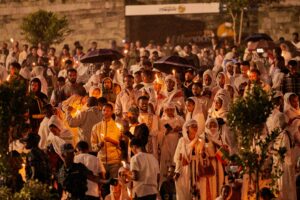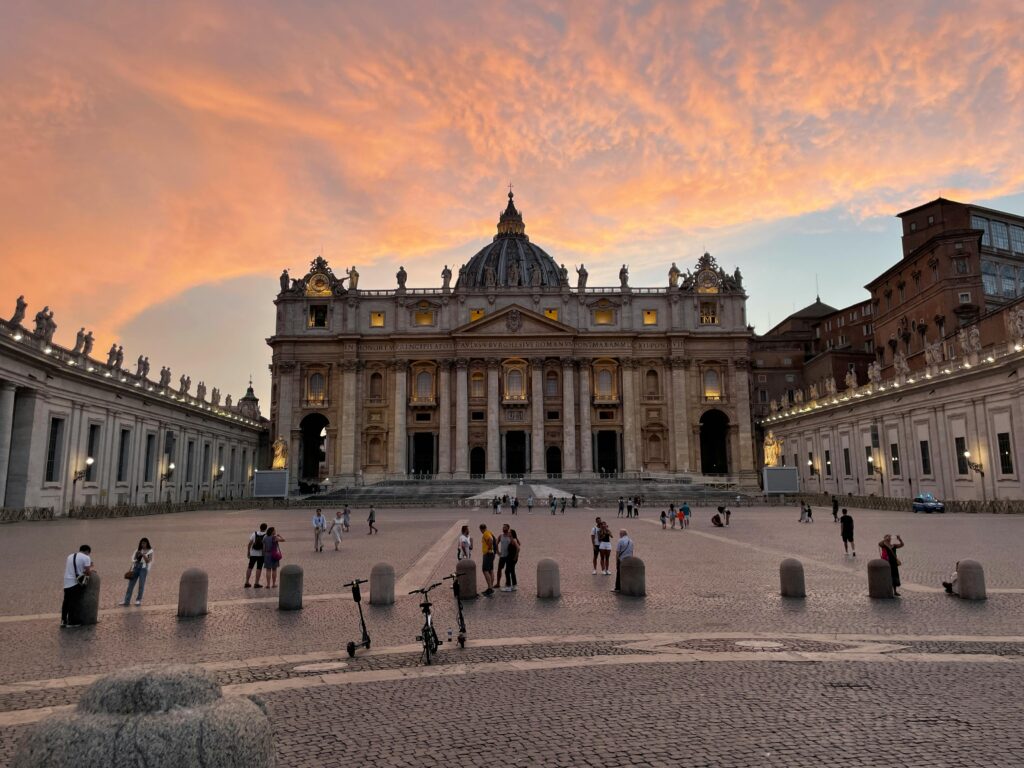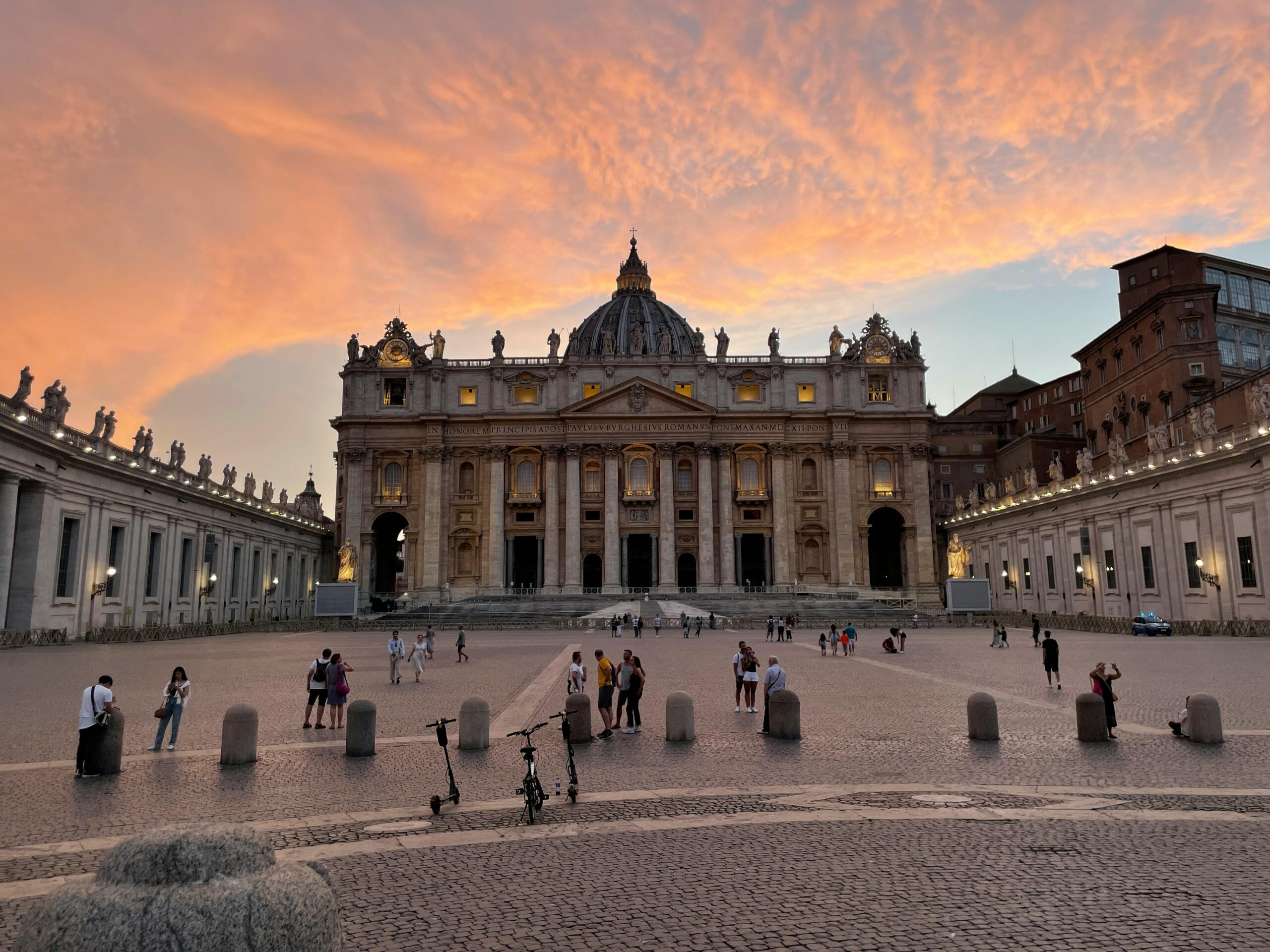Pope Francis Passes Away at 88: A Legacy Remembered
Pope Francis, aged 88, has passed away at his residence in Vatican City after battling health issues for some time. Born in Argentina on December 17, 1936, he was elected the 266th Pope of the Roman Catholic Church on March 13, 2013. He holds the distinction of being the first Pope from the Americas and the first non-European Pope in over 1,300 years.
In February, Pope Francis was hospitalized due to respiratory problems but had since recovered and resumed his duties. Just hours before his passing, he was seen among the public, delivering his final blessing and greeting crowds during an Easter celebration at St. Peter’s Square.

His passing has plunged the global Christian community into mourning, as they reflect on his humility, reformist spirit, and dedication to the people.
Key Highlights from Pope Francis’s Life
-
Birth Name: Jorge Mario Bergoglio
-
Date of Birth: December 17, 1936
-
Country of Origin: Argentina
-
Church Roles: Appointed Auxiliary Bishop of Buenos Aires in 1992, Archbishop in 1998
-
Cardinal: Elevated by Pope John Paul II in 2001
-
Papacy: Elected as Pope in 2013 following Pope Benedict XVI’s resignation
Pope Francis was known for his progressive views, emphasis on compassion, and deep connection with the people. His leadership brought a fresh perspective to the Vatican and earned him admiration across faiths.
The Last Blessing

Even in his final moments, Pope Francis remained close to the people. He delivered his last public message in Easter and participated in a Pope mobile tour at St. Peter’s Square. His final blessing will be remembered by many as a moment of peace and grace.
Pope’s Death Report
with the official death report released by Vatican physician Dr. Andrea stating that he died of a heart attack. It is reported that he fell into a coma shortly before his death. The last rites are expected to take place either on Friday or Sunday. According to sources, the Pope had expressed his wish to be buried in the earth without any elaborate ceremonies, with his name inscribed in Latin on the tomb.
What Happens Next: Electing a New Pope
The process to elect a new Pope will begin 20 days after Pope Francis’s passing. Here’s how it works:
-
Cardinals from around the world gather at the Sistine Chapel in Vatican City.
-
They are isolated from all external communication no phones, radios, or newspapers.
-
Each cardinal writes down the name of their chosen candidate for Pope on a secret ballot.
-
If no candidate secures a two-thirds majority, the ballots are burned with a chemical that produces black smoke—signifying no decision has been made.
-
When a two-thirds majority is finally reached, the ballots are burned with a different chemical, producing white smoke—signaling that a new Pope has been elected.
This sacred and symbolic process has remained largely unchanged for centuries and is closely followed by millions around the globe.
Also Read National Herald Case
